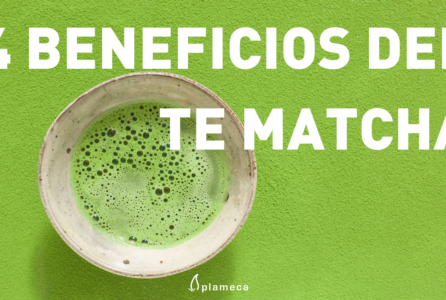We are constantly receiving external stimuli that interrupt and distract us. Sometimes we ourselves are the ones who are dispersed. We live in a time when we want to be so connected to everything that we forget to connect with ourselves. This translates into stress, anxiety, feeling overwhelmed, not having time for anything ... And it is in this context where the practice of mindfulnessalso known as conscious attention o mindfulness.
The mindfulness can be considered a meditation technique. The aim is to relax the consciousness and recognize what is happening in each moment inside us: to know what are our sensations, feelings or thoughts, avoiding making value judgments of whether they are right or wrong. The conscious attention We are able to separate ourselves from our thoughts in order to be able to recognize them and to question mental patterns, always from the mindfulness to the present moment (the here and now).
Like so many other human capabilities, the conscious attention is trained. There are different exercises to develop this ability (coloring a mandala is one of them), but the most common one in mindfulness is to concentrate on breathing. Find a suitable and comfortable space and sit comfortably on the floor with your back at a right angle. When all the attention is focused on the awareness of the breath, we can emit a mantra (a word, a short phrase or a sound like "ohm") that leads us to a state of relaxation. We will also have to visualize a place that brings us well-being. As practice is gained, we will be able to focus on more specific stimuli.
What happens when there is no mindfulness?
Because we tend to pay only a small part of our attention to the activity of the moment, while our mind and thoughts are scattered. We live in "autopilot" mode, going about our business with very little awareness of the details of our experience of the moment, or even of the intentions that motivate our actions.
Practicing the mindfulnessWe learn to choose how we respond to everything that affects us in life. We stop "reacting" to any experience and allow ourselves the luxury of "responding" with greater sensitivity to different circumstances. We regain the freedom to move away from what is harmful to us and to prolong the experiences that bring us well-being.
Buddhists were already aware of the benefits of mindfulness centuries ago.
The mindfulness is a practice of Buddhist origin that is more than 2,500 years old and that appeared in the West almost four decades ago to treat problems associated with stress and chronic pain. Scientific studies have demonstrated what the Buddhists already knew many centuries ago: the conscious attention helps to reduce stress and anxiety, to be more creative, to be able to judge and assess situations more clearly, to increase emotional resilience, to greater self-control in children, to provide more resources to deal with a chronic illness, to the objective improvement of health levels, to enjoy what we are doing and, ultimately, to a higher quality of life. Moreover, the more we are able to focus on a single activity, the better the results will be.
Sources
https://psicologiaymente.net/meditacion/que-es-mindfulness
http://elpais.com/elpais/2014/12/05/eps/1417796395_262217.html
http://www.respiravida.net/que-es-la-atencion-consciente-o-mindfulness





